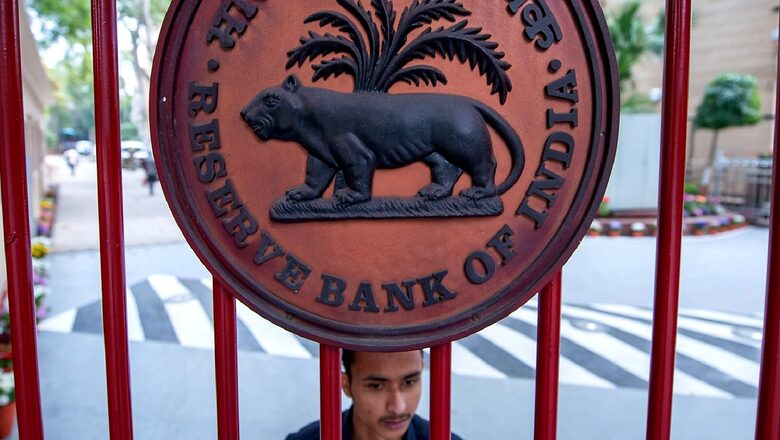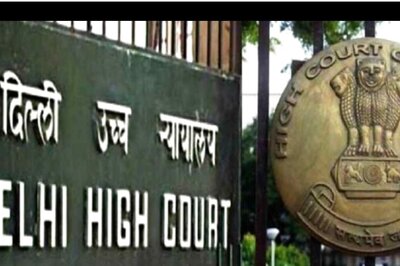
views
From proposals for a variety of innovative payment systems, regulation of big fin-techs and buy-now-pay-later systems to introduction of a central bank digital currency (CBDC), the Reserve Bank of India (RBI) has described its vision for digital financial architecture in the country.
Released on June 17, the Payments Vision 2025 document “promises to further elevate our payment systems towards a realm of empowering users with affordable payment options accessible anytime and anywhere with convenience”, the RBI said.
According to the document, the intention is to provide every user with secure and cheap e-payment choices. “The Payments Vision 2025 has the core theme of E-payments for everyone, everywhere, every time (4Es) and aims to provide every user with safe, secure, fast, convenient, accessible and affordable e-payment options,” noted RBI.
The operations that the central bank will do between now and 2025 have been divided into five key goals which are integrity, inclusivity, innovation, institutionalisation, and internationalisation.
Additionally, RBI wants to achieve 10 goals that include tripling the number of digital payment transactions, 50% annualised growth for the UPI, 20% growth for the Immediate Payment Service (IMPS) and National Electronic Fund Transfer (NEFT), and debit card usage surpassing credit card usage.
Enhancements to the Cheque Truncation System (CTS), including One Nation One Grid clearing and settlement, and the creation of a payment system for processing online merchant payments using the internet and mobile banking, are among the other proposed. It also advocated that BigTechs and FinTechs in the payments area be regulated.
“BigTechs and FinTechs play an invigorating role in on-boarding new users and customising payment experience. Given their increasingly dominant role in the payments ecosystem, a discussion paper on the need for proportionate regulation by the Reserve Bank encompassing domestic incorporation, reporting, data use, etc., shall be published”, the central bank stated.
However, according to the document, BNPL services have evolved into a new payment mode that complements conventional payment methods such as cards, UPI, and net banking. In this case, RBI stated that this channel, which is supported by a few payment aggregators, uses an existing nodal account (escrow account following authorization) to transfer payments between BNPL customers and merchants.
According to the central bank, this unique strategy will be investigated, as well as the possibility of issuing relevant recommendations on payments involving BNPL.
In terms of digital currency, the RBI, which has been very vocal about restrictions on cryptocurrencies in India, stated that it was striving to introduce it in the country and that various use cases will be investigated in order to increase efficiencies.
The RBI would also encourage the expansion of market trading and settlement hours. Money and capital markets now have established hours of operation, but the RTGS and NEFT payment systems, which permit settlements in these markets, are available 24 hours a day, seven days a week.
According to a statement by the central bank, it said that extension of trading hours of these markets to enable longer market availability for trading and settlement will be facilitated, in collaboration with the Reserve Bank’s concerned market divisions, in order to leverage the availability of payment systems on a 24x7x365 basis.
RBI believes that this will improve market efficiency and allow for more price discovery.
Furthermore, the RBI will work to develop a payment system that will allow online merchant payments to be processed via internet or mobile banking. While explaining, the central bank said that the Payment gateways or payment aggregators currently process all merchant payment transactions made via internet or mobile banking.
Since this approach causes delays in merchant settlements, a structure must be established to ensure that all of these transactions are completed through a payment system as well, according to RBI.
Read all the Latest News , Breaking News , watch Top Videos and Live TV here.


















Comments
0 comment